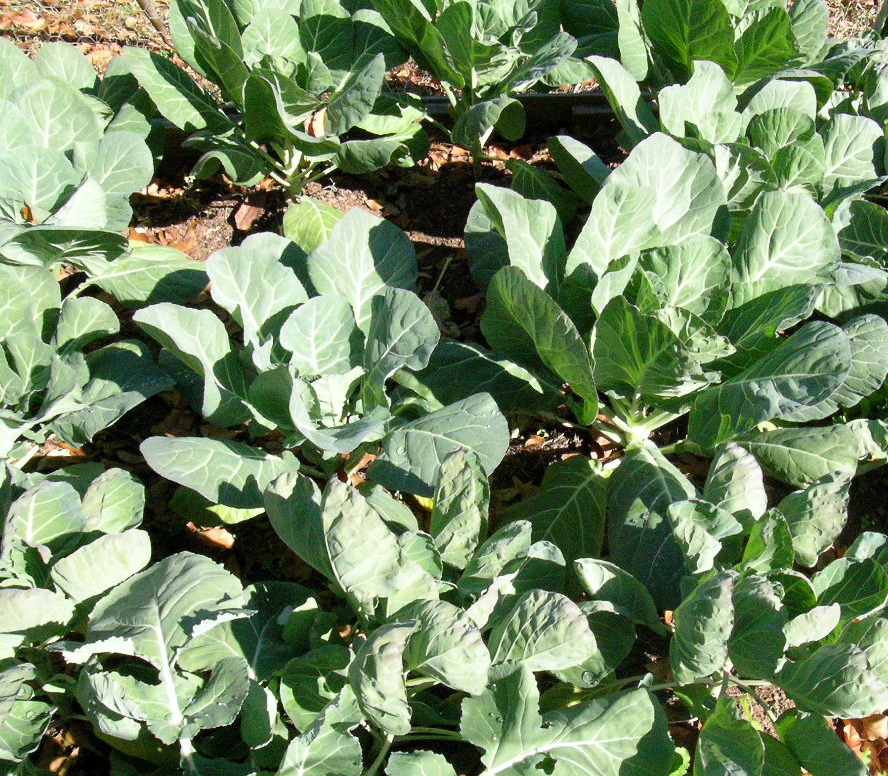
As summer vegetables like corn and beans stop bearing, it?s time for home gardeners to start preparing fall gardens of cool-season vegetables.
If you have a summer vegetable garden, chop up these plants with your lawn mower and incorporate them along with a balanced fertilizer such as 10-10-10 into your garden with a tiller. You also may want to have your soil tested to determine how much fertilizer and lime to add if any is needed.
In Georgia, it can be very challenging to get cool-season vegetables through the end of summer. There is a delicate balance between starting them early enough to allow them to mature (50 to 60 days) before a hard frost and getting them through the end of a hot, dry summer.
Start seeds in August for broccoli, cabbage, cauliflower, collards, kale, turnips, radishes, spinach, lettuce, beets and onions. It is best to use a store-bought potting mix to start seeds in containers, flats or trays. Place the seeds in a partially shaded spot and keep them watered, and you will have seedlings ready to transplant in September. Onion sets can be transplanted later in October.
Most vegetables can be purchased as ready-to-transplant seedlings from garden centers if you don?t want to start from seeds.
Keeping young seedlings watered is critical to establishing them. You also have to keep a sharp eye out for pest problems such as insects, diseases and weeds because they will continue to flourish in warm temperatures and high humidity. A layer of newspaper and mulch placed between rows can prevent a lot of weed problems and help conserve soil moisture.
Contact your local University of Georgia Cooperative Extension office at 229-616-7455 for more information on growing fall vegetable gardens.
Thank You,
Jeremy Kichler
Colquitt County Extension Coordinator
229-921-1977